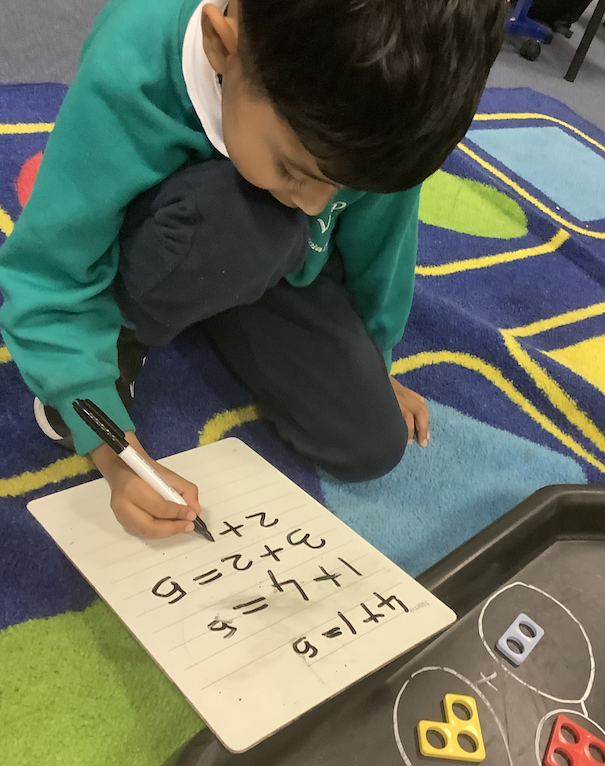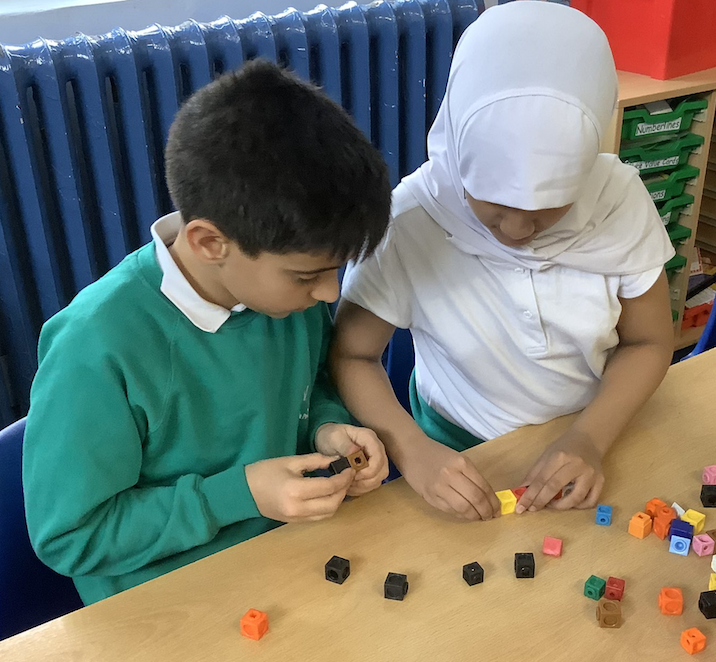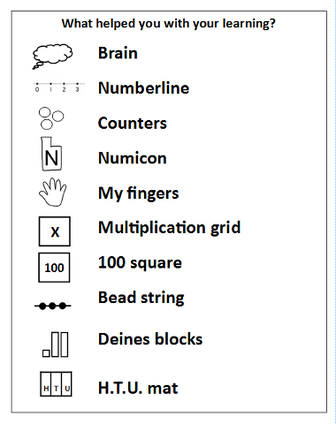Maths
Vision
We believe that good skills in mathematics are essential for our children in order to achieve our vision.
Therefore, through excellent mathematics teaching and assessment we aim that all our children will:
- to the best of their ability, achieve high numeric and other mathematical skills
- enjoy the subject and undertake it with a sense of confidence
- understand the use and application of mathematics to everyday life
- work at a level appropriate to their age and ability
Characteristics of good Maths teaching
We believe that children learn best when:
- they are exposed to a variety of different approaches and strategies;
- they are given a range of experiences (practical, visual, written, mental and IT based);
- they are given opportunities to talk, share, work together and reason verbally;
- they are encouraged to predict, reflect and evaluate their own and others’ learning;
- they are actively involved in assessment for learning strategies.

Equal Opportunities and Inclusion
All pupils have an equal right to access the mathematics curriculum. We help children achieve their best with quality first teaching, effective planning, the support of adults and effective use of resources,
A high priority is upon the use of first hand resources, interactive strategies, speaking and listening, reasoning, the use of ICT and targeted intervention using adults as a support.
Children are taught in mixed ability groups with a ‘growth mindset’ approach that has a positive impact on morale, attainment and confidence of every child.
Differentiation is facilitated through a series of challenges and access to concrete, visual or abstract resources.

Learning and Teaching
The National Curriculum
The National Curriculum (2014) provides the overall context for the teaching of mathematics. It describes what must be taught to children at each key stage. Teaching must address the requirements as set out across the following areas:
- number and place value
- addition and subtraction
- multiplication and division
- fractions and decimals
- measurement
- geometry
- statistics
Numeracy and Calculation – Big Maths ‘CLIC’
Numeracy and calculation is taught following the Big Maths ‘CLIC’ teaching programme which acts as our written calculation policy and provides:
- An overview of the development of calculation from nursery to Year 6
- Progress Drives which detail the sequence of progression into steps
Non-Calculation Units
Challenges and non-calculation based units use ideas from ‘NCETM’ and ‘nrich’ websites, to incorporate the aims of the national curriculum and provide opportunities for children to delve deeper into their maths understanding.
Maths Marking and Assessment
Adults and children use the ‘what helped’ marking codes in their maths books to provide a deeper insight into a child’s independent ability when tackling their maths learning.

You can download and read the Big Maths A Guide for parents and Carers to help you understand what this looks like for your child/children.
